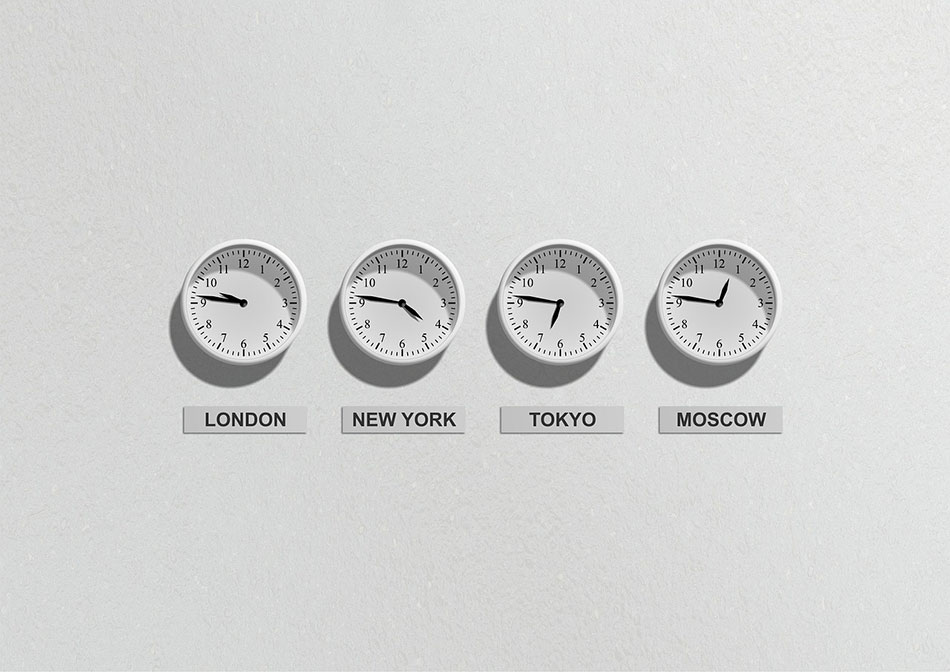Russia’s crude oil experts may have started July with a seven-week high, but not even this record-breaker has not helped the drop in the country’s energy tax revenues.
Based on a recent Bloomberg report, seaborned outflows rose to around 1.3 million barrels a day during the seven-day period that ended on July 2nd. This was seen as recovery from a lull caused by technical issues in the previous week and helped raise the four-week daily average to around 3.39 million barrels.
Despite the rebound, revenues from oil and gas taxes plunged by around 26% last month compared to a year ago. Currently pegged by the Russian finance ministry at around $5.84 billion, the dismal performance was essentially an extension of a drop that began at the end of the first quarter of this year.
Experts point out that this drop in energy revenues is not entirely surprising, given how oil prices dropped as a decreased demand from China following the dismal post-COVID performance of its reopened economy. Also, Russia has substantially decreased its crude exports to much of Europe, and this was the cause of much of the shortfall.
Over a third of the Russian government’s budget comes from the country’s oil and gas tax revenues – and that’s bad news, given how the national budget has been depleted by military spending for the ongoing war in Ukraine.
While the Kremlin is working to raise oil prices, it is struggling to make up its budgetary shortfall.















